Friday was our last day at Tema General Hospital. The day’s agenda was the same as Tuesday, with the exception once again that the early week trainees became the later week trainers. The morning session provided instruction in trauma assessment and treatment. The afternoon session taught patient assessment in a practical setting.
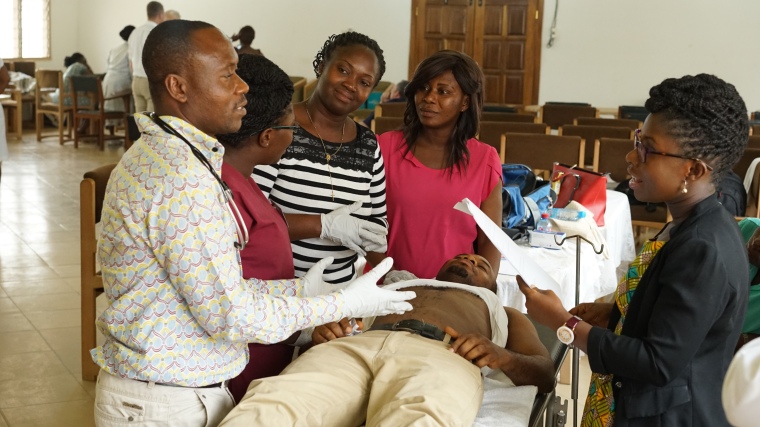
Afternoon participants were divided into small groups and exposed to mock patient situations that required their assessment and recommendations. Patients were presented with a variety of visual and vital signs, coupled with an analysis of the injury mechanism (accident, fall, violence, etc.). Using the knowledge and skills learned and practiced from the previous day-and-a-half, participants worked in a team setting to assess and treat the patient.
This last session was followed by a post-test to measure learning from the start to finish of the two-day course. Overall, test scores improved a dramatic 88 percent, indicating not only the success of the course but a willingness to learn and to improve clinical skills and assessment.
The increase in test scores was greater in those trained by the newly-trained instructors than in those instructors who were trained by the LDS Charities trauma team. Part of the difference was due to the fact that there were fewer doctors in the second group, and the overall knowledge base on average was lower. Regardless of experience, however, the significant rise in test scores proved the sustainability of the train-the-trainer concept in trauma care.
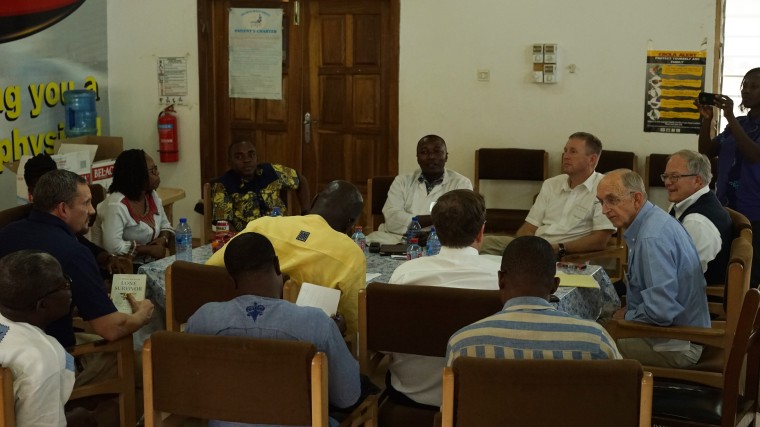
Following the last training session, the new Tema trauma training team met with the LDS Charities trauma training team to evaluate the effectiveness of the course, discuss improvements, and to ponder next steps to help the Ghanaian team reach self-sufficiency in conducting future training sessions with other local and regional medical providers.
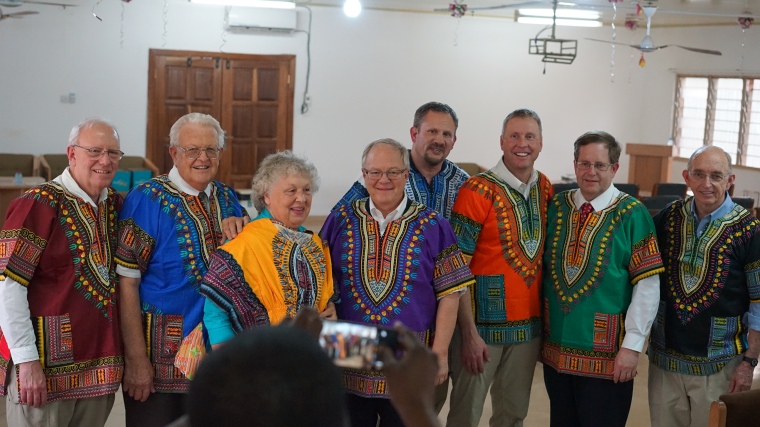
As we departed, the Tema General Hospital staff presented us with African print shirts! What a thoughtful, parting gift to remember our new friends and professional association!
LDS Charities builds its programs, like the new trauma training program in Africa, on the principles of personal responsibility, community support, self-reliance, and sustainability. These principles are employed even during times of critical aid and emergency response. Efforts are designed to give individuals and communities the tools they need to improve their own circumstances in permanent and meaningful ways.
-Howard Collett #ldscharities
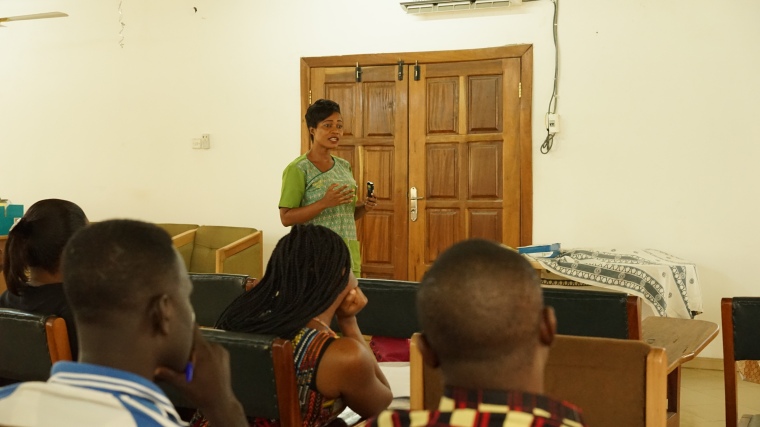
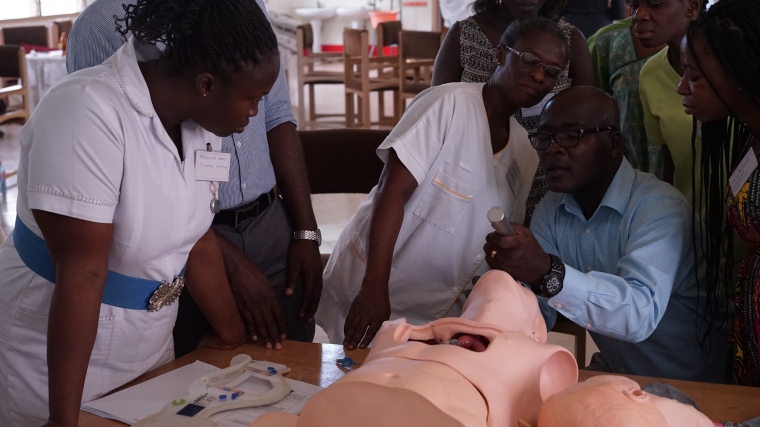
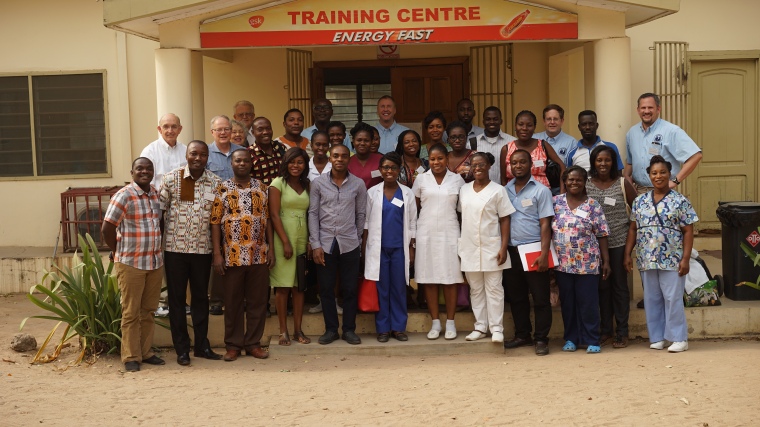
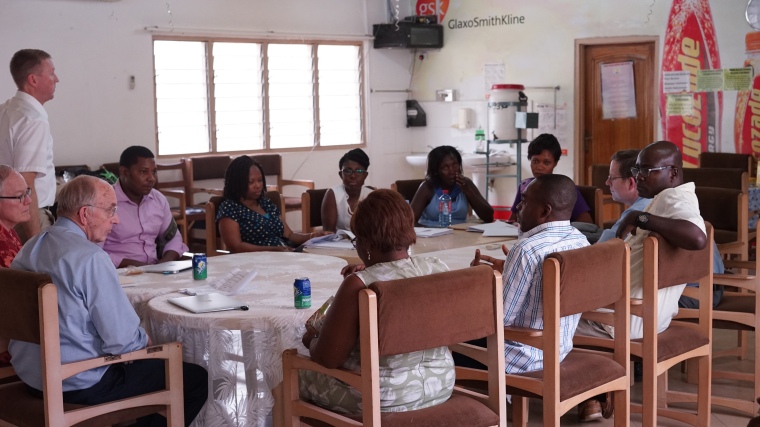
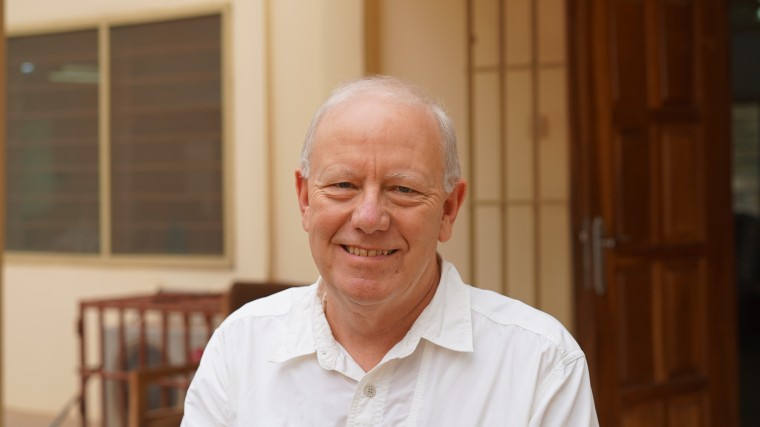
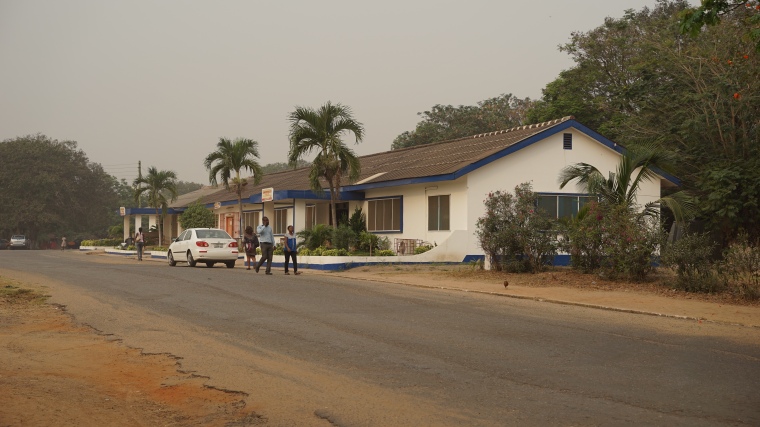
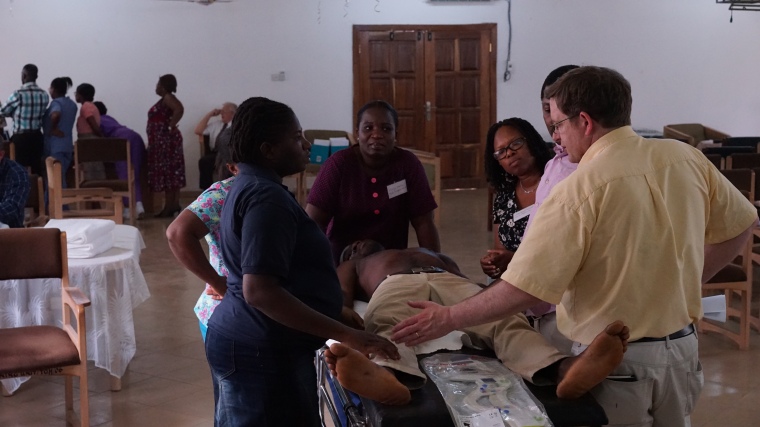
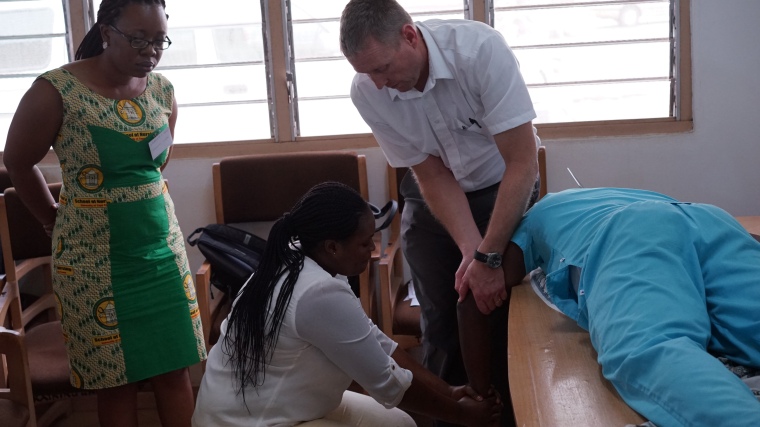
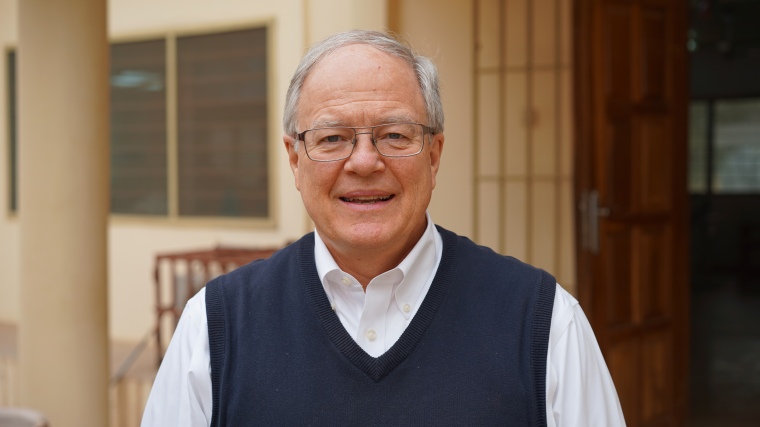
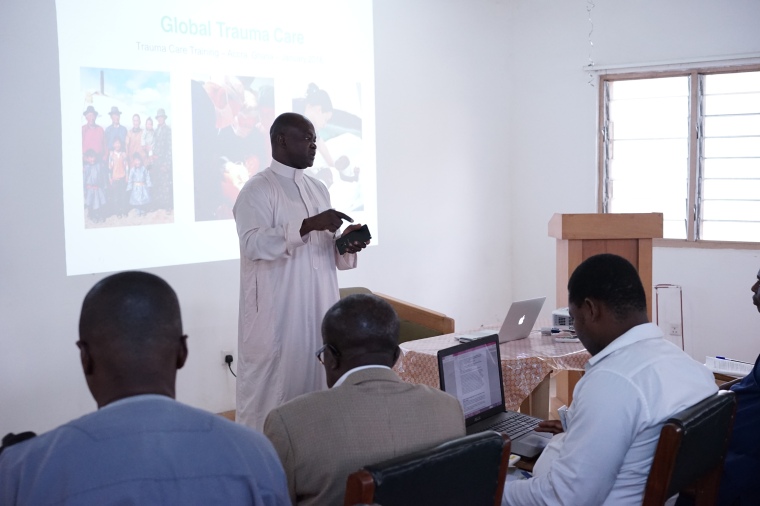
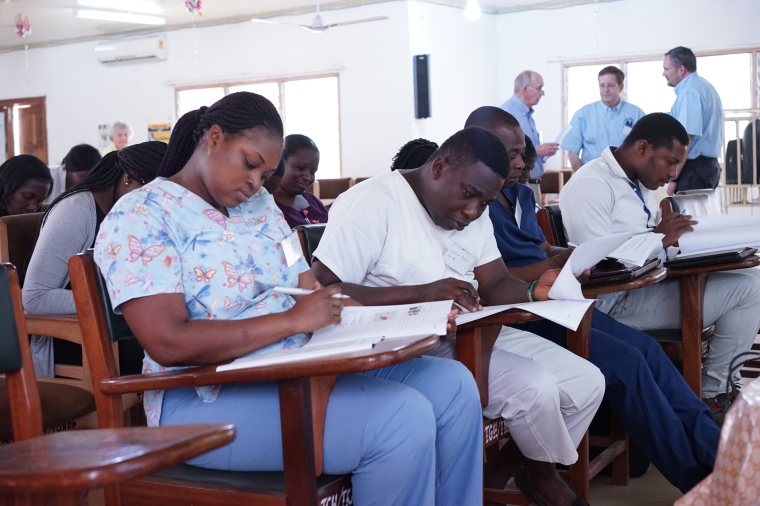
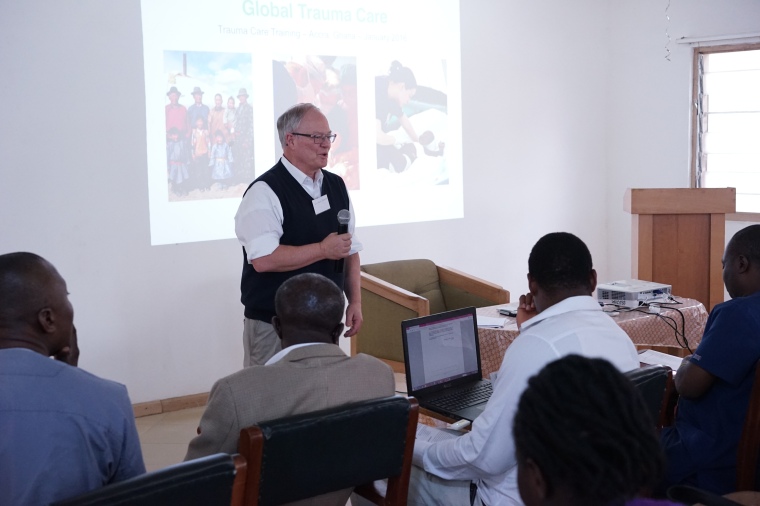
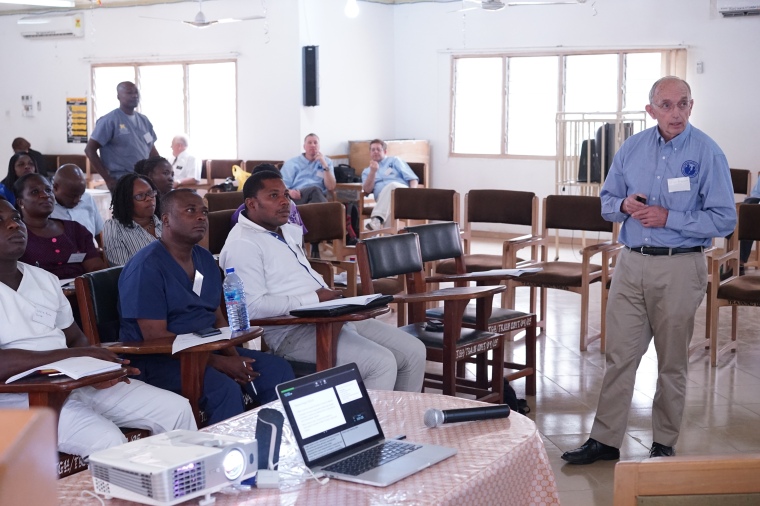
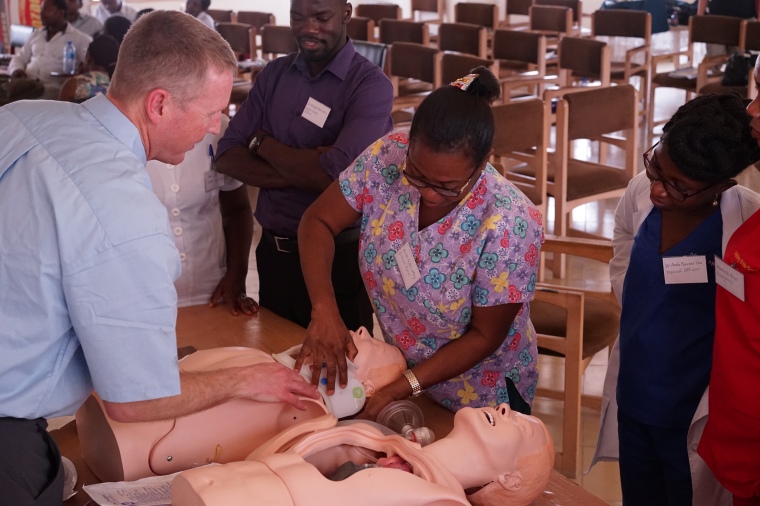
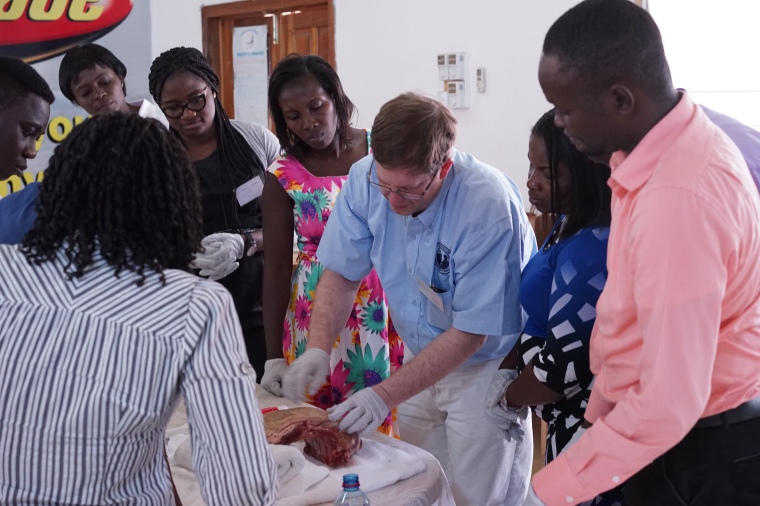
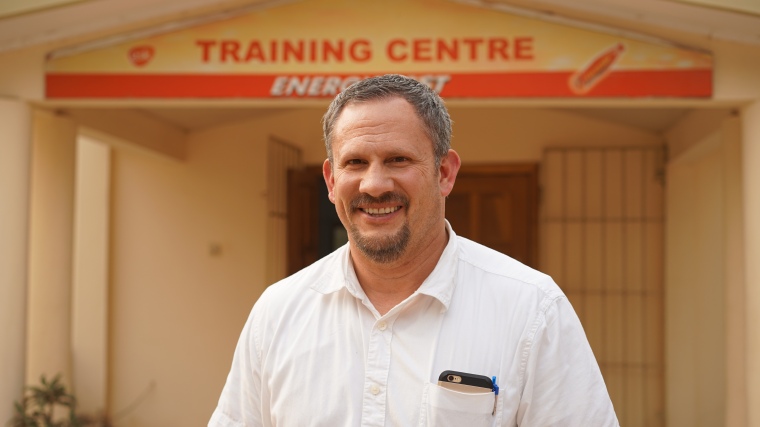
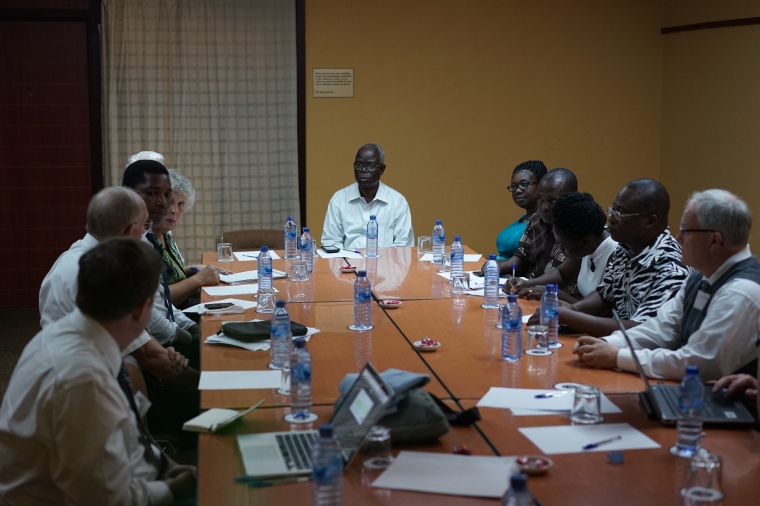
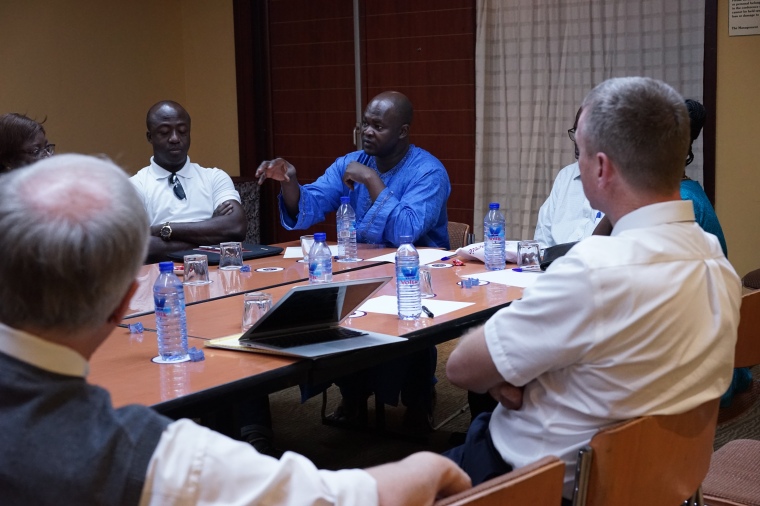
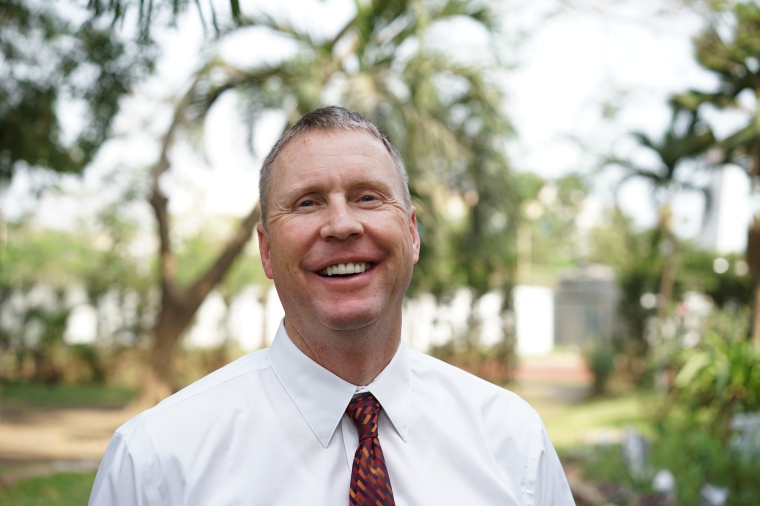
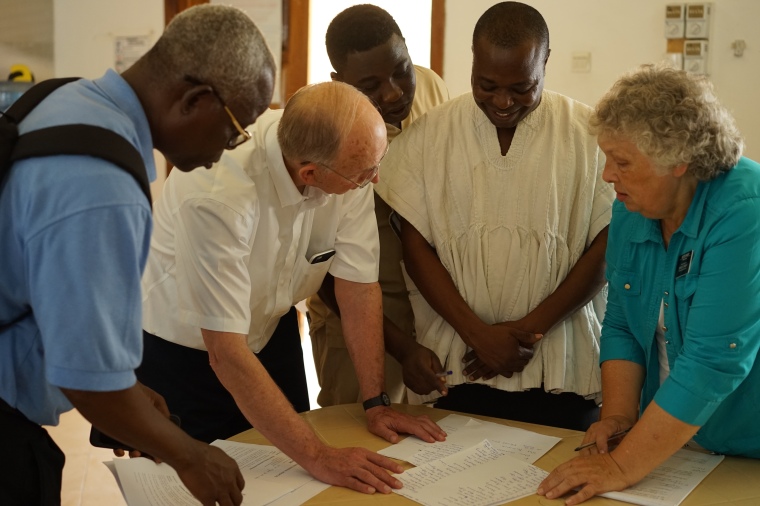
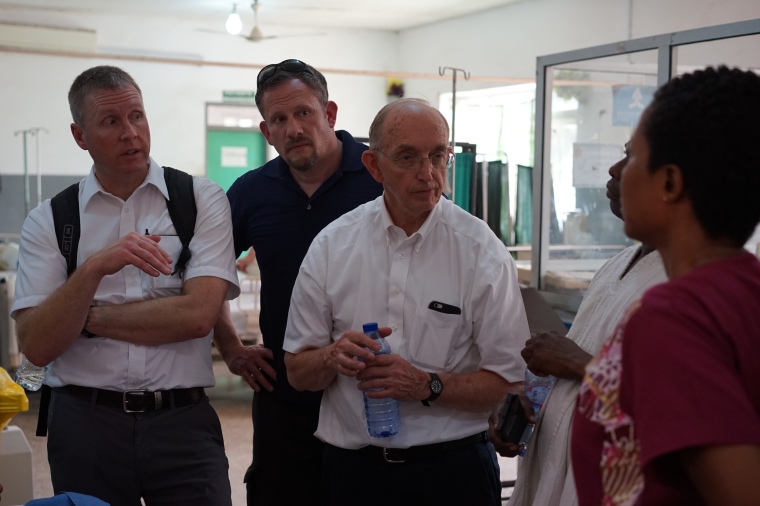
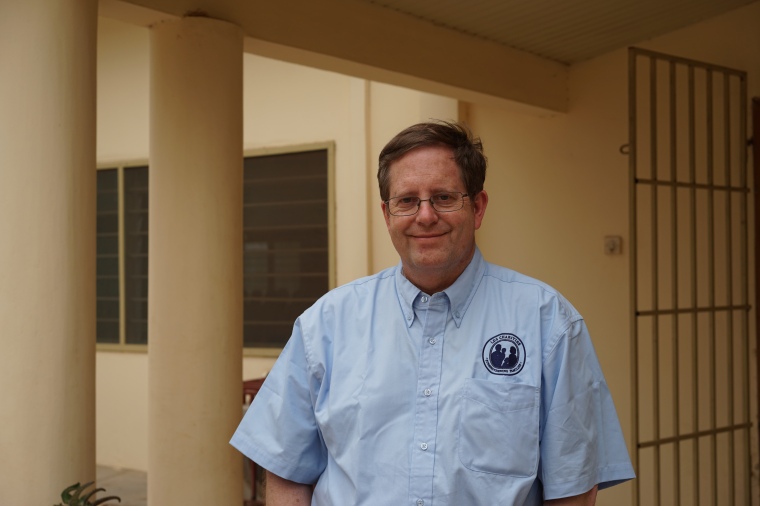

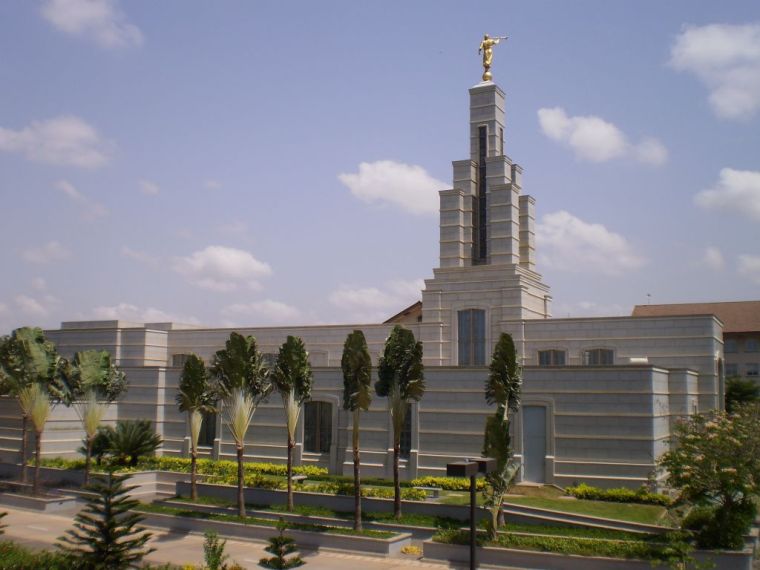
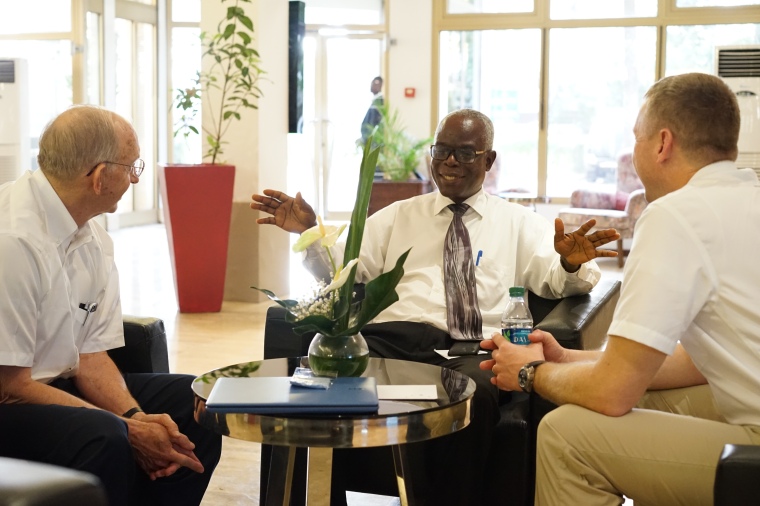
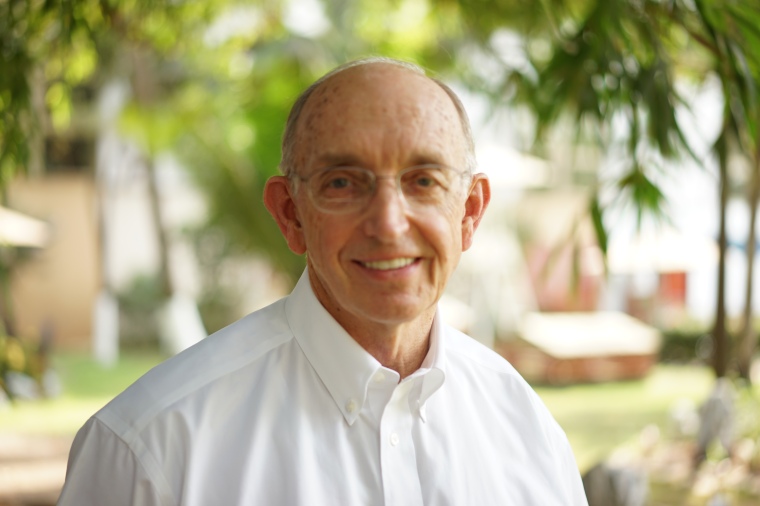
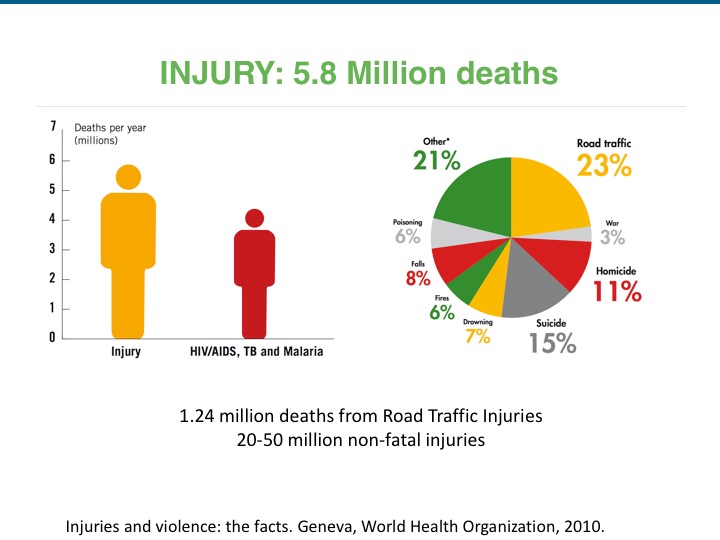
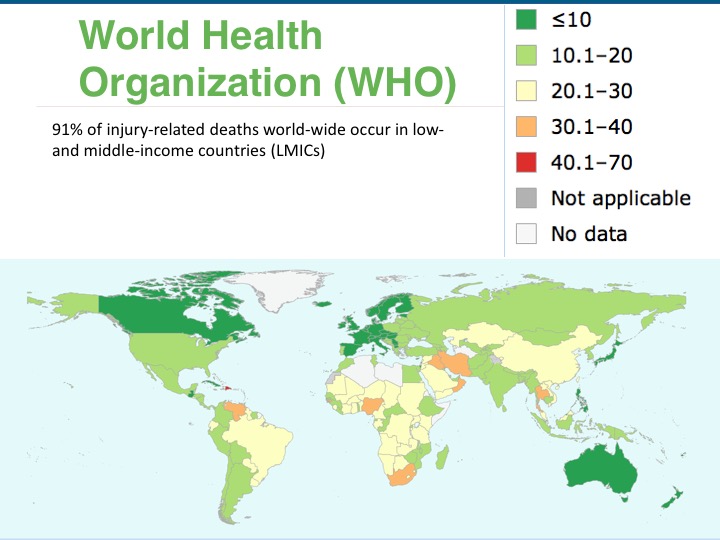
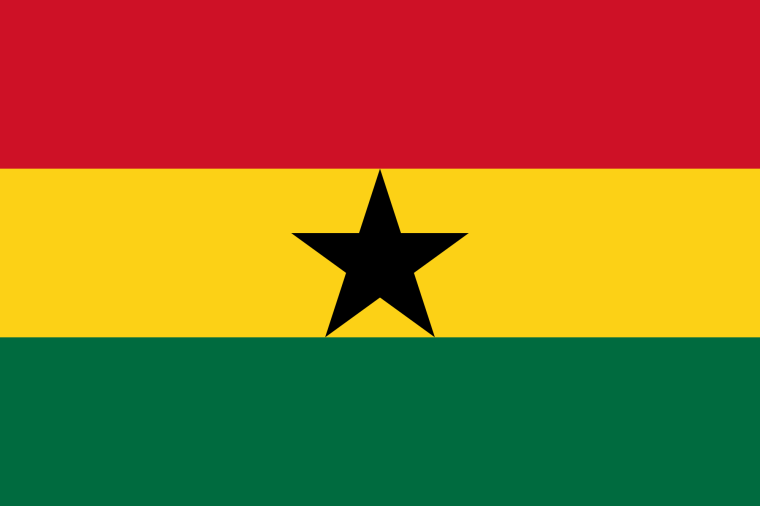 On Thursday, January 21, 2016, a team of four trauma physicians, a trauma nurse practitioner, and I will be journeying from Utah, USA to Ghana. As volunteers for LDS Charities, we will spend a week in Tema, Ghana collaborating with local physicians to improve rural trauma care.
On Thursday, January 21, 2016, a team of four trauma physicians, a trauma nurse practitioner, and I will be journeying from Utah, USA to Ghana. As volunteers for LDS Charities, we will spend a week in Tema, Ghana collaborating with local physicians to improve rural trauma care.